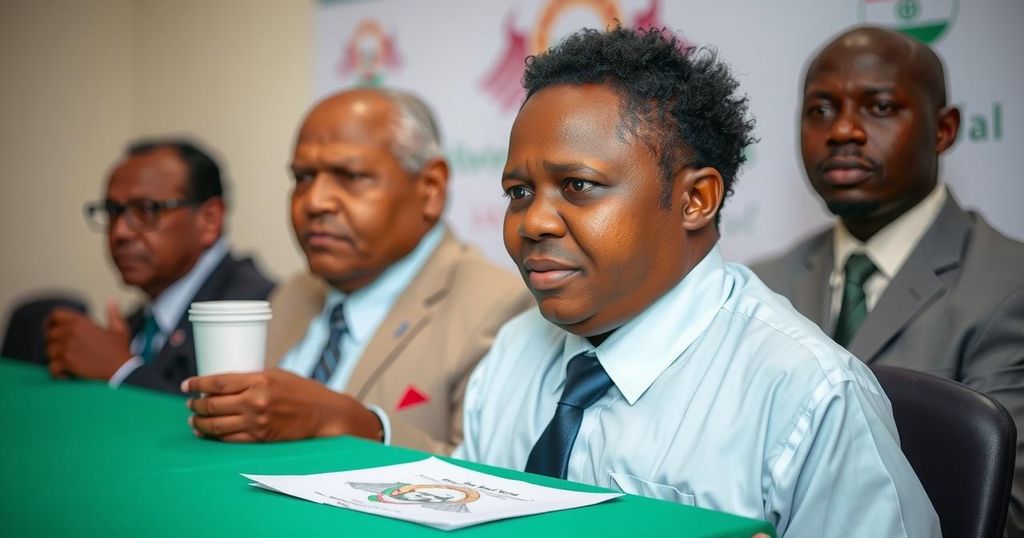The United Nations has established a new technical committee to resolve electoral issues in Libya, aiming for timely national elections amid ongoing political conflict and skepticism about the commitment of political actors to truly facilitate the electoral process.
The United Nations has initiated a fresh attempt to resolve the ongoing electoral deadlock in Libya by establishing a technical committee consisting of Libya experts. The acting head of the U.N. mission in Libya, Ms. Stephanie Koury, announced this move in a video statement. The committee’s primary focus will be to address contentious issues in the electoral laws and to identify pathways to achieving national elections promptly, incorporating necessary guarantees and a designated timeframe.
Since the failure of the December 2021 elections due to disputes regarding candidate eligibility, the political process aimed at ending a decade of conflict in Libya has been severely hindered. Currently, the Government of National Unity (GNU), led by Prime Minister Abdulhamid al-Dbeibah, established through a U.N.-backed initiative in 2021, is facing a legitimacy crisis as the parliament no longer recognizes its authority. Mr. Dbeibah has asserted his intention to retain power until national elections are conducted.
The political landscape in Libya has remained fragmented since the NATO-supported uprising in 2011, resulting in divisions between eastern and western factions. While key political actors have expressed support for elections, widespread skepticism persists among the Libyan populace regarding the sincerity of these calls, particularly considering that many officials could be displaced from their positions of power. To further its objectives, UNSMIL is also committed to promoting the unification of military and security institutions and facilitating national reconciliation efforts in collaboration with its partners.
The article discusses the ongoing efforts of the United Nations to mediate a resolution to Libya’s prolonged electoral gridlock. Since the 2011 uprising that ousted former leader Muammar Gaddafi, Libya has experienced persistent instability, marked by the emergence of rival factions and governments. The failed elections in December 2021 have exacerbated already contentious political dynamics. Given the complexities of Libyan politics, addressing electoral legitimacy and ensuring a fair process are crucial steps toward achieving lasting peace and governance in the country.
In summary, the U.N.’s new committee aims to address vexing electoral law issues in Libya to facilitate national elections after prolonged political strife. While significant political hurdles remain, particularly around the legitimacy of existing governmental structures, the U.N. commitment to reconciliation and reform is vital for stabilizing the region. The outcome of these efforts will be critical to shaping Libya’s future political landscape.
Original Source: www.voanews.com






